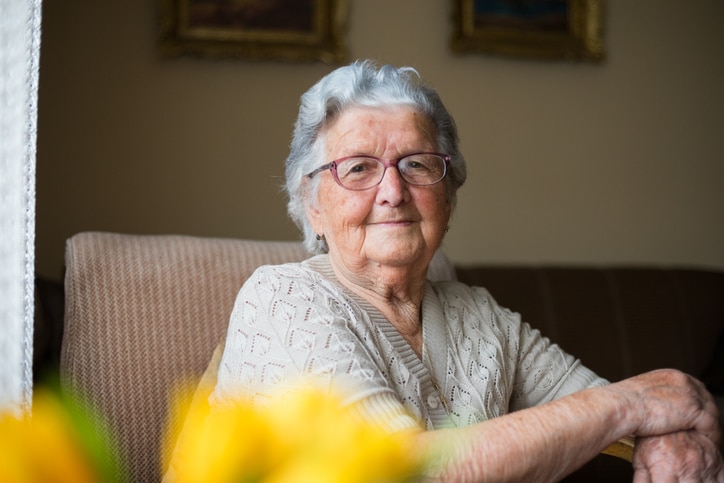Lasting power of attorney, or LPA, are legal documents that allow you to nominate someone else to make financial or healthcare decisions on your behalf.
This means the person you nominate (your ‘attorney’) can make decisions about your personal care and decide on your medical treatment (health and welfare LPA), or look after your bank accounts (property and financial affairs LPA).
When you set up a lasting power of attorney, you (the ‘donor’) may wish to include preferences and instructions. For example, you may want to add that your attorneys must not make any gifts, or that you would like to have regular haircuts, manicures and pedicures.
LPAs aren’t just documents to create when people have been diagnosed with a disease that may affect their mental or physical capacity; the LPAs are also something to consider whilst you are fit and well, so you have the peace of mind that you will be protected in the future.
Lasting power of attorney gives you peace of mind
We all want to make the right decisions, but there may come a time when we cannot advocate for ourselves anymore.
An LPA means you can nominate a trusted partner, loved one or friend to make sure you get the best care and that your financial affairs are in order. The only prerequisite is that they are over the age of 18, and you have the mental capacity to designate lasting power of attorney.
If you set up lasting power of attorney for financial decisions, the person you nominate should keep accounts and show that your money is kept separate from theirs. The attorney must help you to reach your own decisions, if you can, and must always act honestly and in your best interests.
You can nominate more than one attorney to act for you. You would then need to decide how you would wish for them to act; they can be appointed either ‘jointly’ (all attorneys must make decisions together) or ‘jointly and severally’ (attorneys can make decisions together or on their own) You can also specify that some decisions are to be made jointly, and some jointly and severally.
Lasting power of attorney helps your loved ones
If you need someone to make decisions for you but don’t have lasting power of attorney in place and no longer have mental capacity, your loved ones will need to apply for deputyship. This needs to be done through the Court of Protection.
The courts can take a long time to make a decision, potentially causing stress at a time when your family may already be anxious, frustrated and sad.
It’s also worth bearing in mind that deputyship can only be used to make financial decisions, not ones about health and welfare. In this case, your council’s adult social care department would need to be involved.
While you can create Lasting Power of Attorney online, it’s often best to get a professional involved. As an LPA is such an important document, this ensures all your needs are covered, and nothing is left out.
Richardson’s Wills is a specialist in Lasting Power of Attorney. We’ll take care of all the paperwork and ensure all your personal wishes are respected.
Contact us today to book your free consultation.


